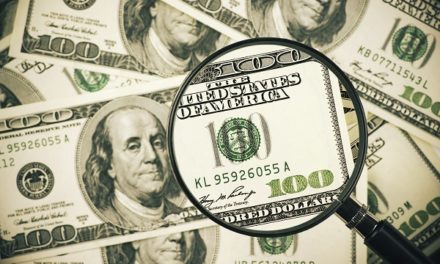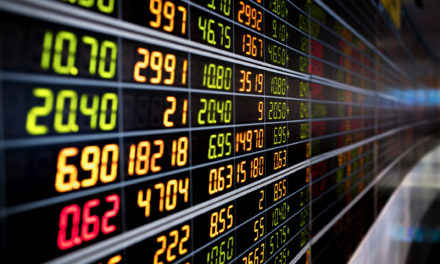
“Someone’s sitting in the shade today because someone planted a tree a long time ago.”
— Warren Buffett
This inspiring quote from Warren Buffett teaches us the importance of considering our investment time horizon when approaching any given investment: Could we envision ourselves holding the stock we are considering for many years? Even a two-decade holding period potentially?
For “buy-and-hold” investors taking a long-term view, what’s important isn’t the short-term stock market fluctuations that will inevitably occur, but what happens over the long haul. Looking back 20 years to 2001, investors considering an investment into shares of Rockwell Automation, Inc. (NYSE: ROK) may have been pondering this very question and thinking about their potential investment result over a full two-decade time horizon. Here’s how that would have worked out.
| Start date: | 10/29/2001 |
|
|||
| End date: | 10/27/2021 | ||||
| Start price/share: | $14.25 | ||||
| End price/share: | $313.71 | ||||
| Starting shares: | 701.75 | ||||
| Ending shares: | 1,103.30 | ||||
| Dividends reinvested/share: | $40.17 | ||||
| Total return: | 3,361.17% | ||||
| Average annual return: | 19.38% | ||||
| Starting investment: | $10,000.00 | ||||
| Ending investment: | $345,981.62 | ||||
As we can see, the two-decade investment result worked out exceptionally well, with an annualized rate of return of 19.38%. This would have turned a $10K investment made 20 years ago into $345,981.62 today (as of 10/27/2021). On a total return basis, that’s a result of 3,361.17% (something to think about: how might ROK shares perform over the next 20 years?). [These numbers were computed with the Dividend Channel DRIP Returns Calculator.]
Notice that Rockwell Automation, Inc. paid investors a total of $40.17/share in dividends over the 20 holding period, marking a second component of the total return beyond share price change alone. Much like watering a tree, reinvesting dividends can help an investment to grow over time — for the above calculations we assume dividend reinvestment (and for this exercise the closing price on ex-date is used for the reinvestment of a given dividend).
Based upon the most recent annualized dividend rate of 4.28/share, we calculate that ROK has a current yield of approximately 1.36%. Another interesting datapoint we can examine is ‘yield on cost’ — in other words, we can express the current annualized dividend of 4.28 against the original $14.25/share purchase price. This works out to a yield on cost of 9.54%.
One more investment quote to leave you with:
“Nearly every time I strayed from the herd, I’ve made a lot of money. Wandering away from the action is the way to find the new action.” — Jim Rogers



